(not so much)
I had noticed that the frequency of updates to the Intel NUC that powers my Plex Media Server had tailed off (it ran Ubuntu 18.04 LTS) an indication that there was a new version of the long term support OS coming.
(more…)
A couple of weeks ago, I got a hankering to watch some Futurama. Fortunately, I have copied all my discs to my Plex server for ease of access.
But there was a flaw. The in season order from the original broadcast is not how Plex see them, In particular, they screw up seasons 2, 3, 4, and 5 particularly badly, and I needed to do a lot of file manipulation to get them all to show up properly.
(more…)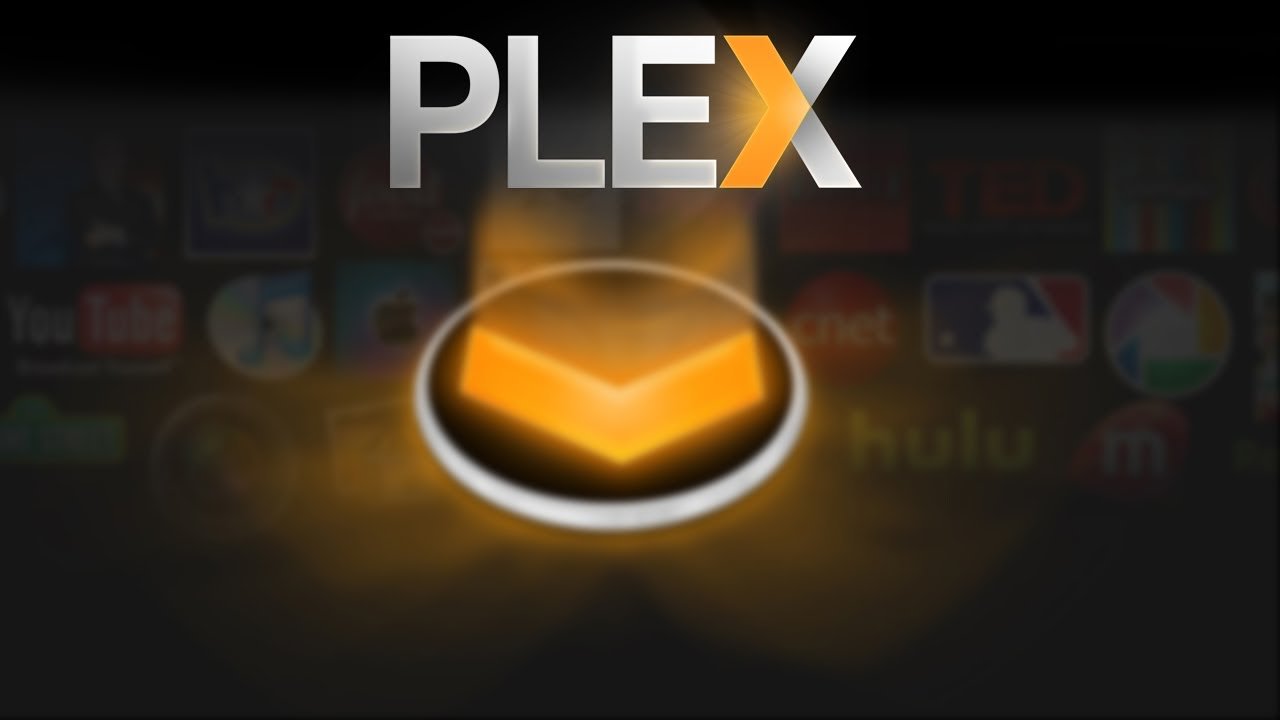
A couple of years ago, I took the plunge, bought an Intel NUC, a ton of external storage, and built a Plex server for all my media (literally hundreds of DVD’s and Bluray discs). It has been chugging along well, dishing up what I want, when I want it.
But, I took the easy route when I set it up originally. I installed Ubuntu desktop on my then new NUC, as that made the configuration trivial. Setting up Wifi? Easy peasy. All the published tutorials on getting Plex up and running. Boffo.
(more…)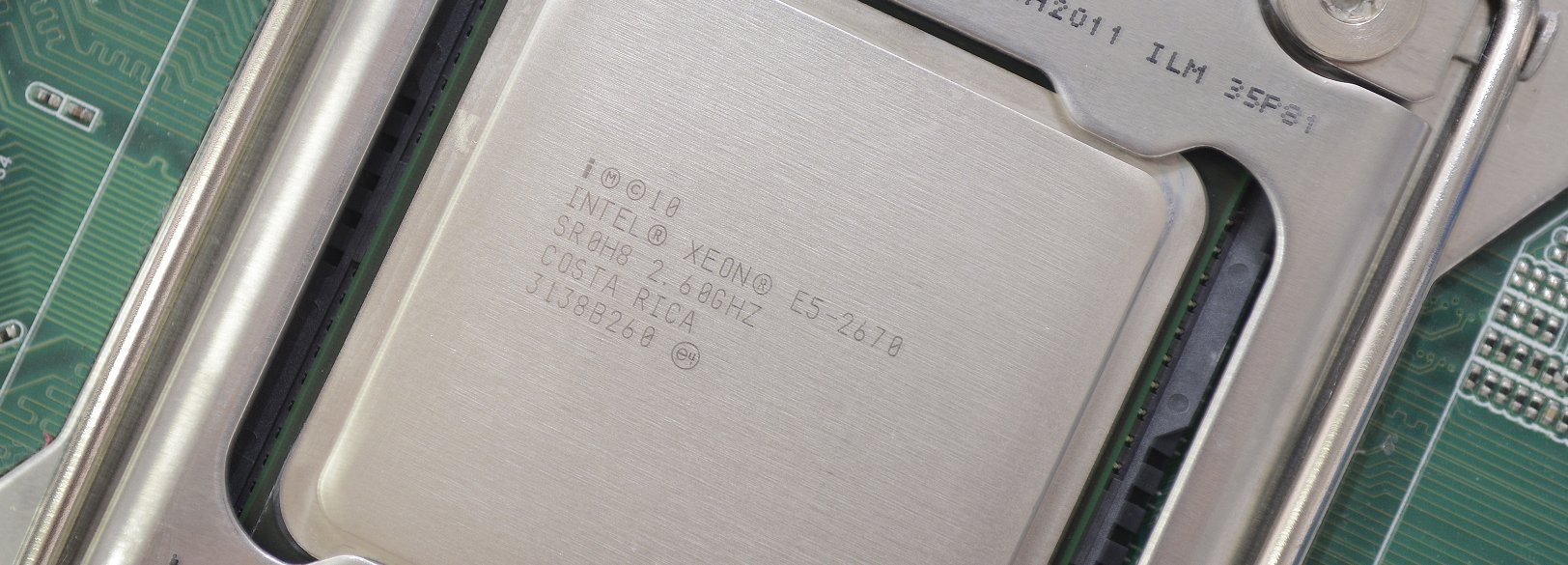
To convert or not to Convert, that is the question.
When processing Bluray discs for adding to my Plex media server, I have a workflow. First, use MakeMKV to rip the media to an .mkv file, then it can be uploaded to the Plex directory and made available. However, these files are large. Scratch that, they are friggin HUGE. Alien for example is 30GB.
Disks are cheap, so why even bother converting?
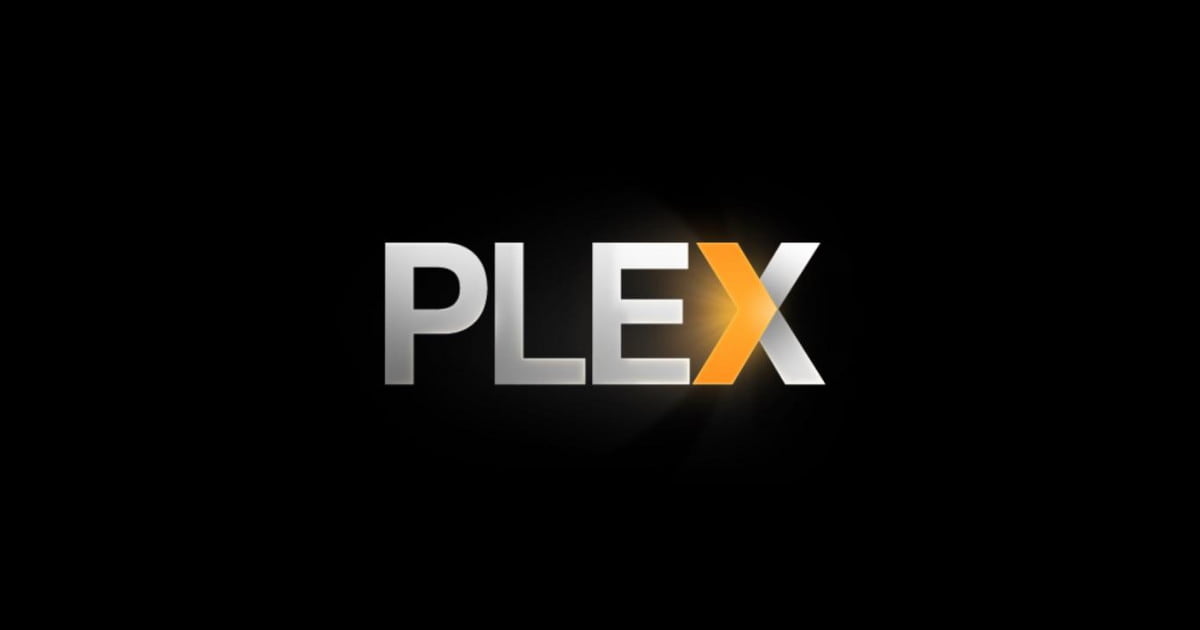
In the learning path for the population of my media collection as it transitions from disc based media to a disk drive, I have discovered a few truths that I will share.
There are some useful tools to “rip” your media. These are the essential first step in the process, to get your media from the source into a format that can be worked with.
The next topic is what sort of transcoding you want to do. Here is where some of my early choices in media ripping have come back to haunt me. In prior efforts, I was merely attempting to get media in a format that looked good when loaded onto my iPad. That meant that there was a pretty aggressive compression applied to the files, making them both storage thrifty, and acceptable quality for playback. (more…)
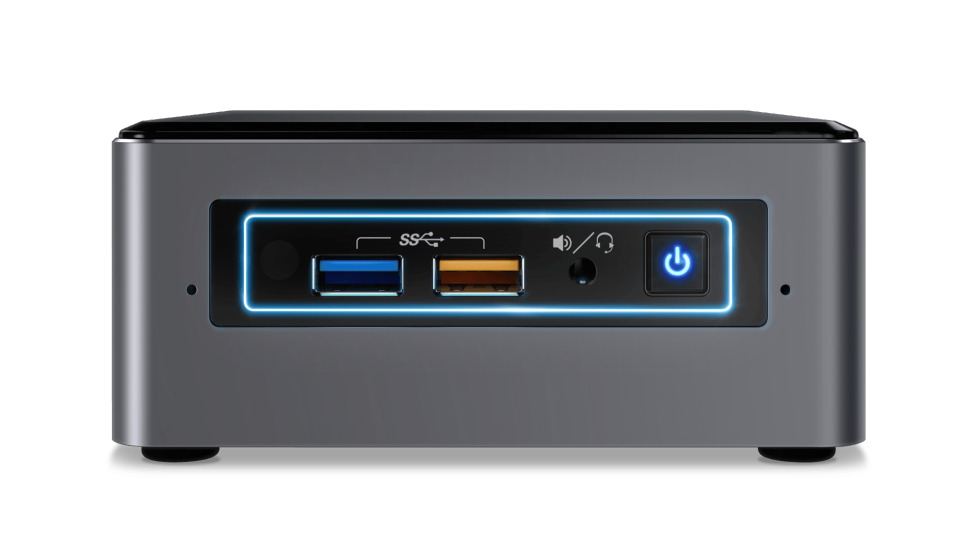
As I am assembling my Plex media server, I have been semi-seriously using Linux for this purpose for about 3 weeks now, and here are some more observations.
First, I have been running it on two systems, an old desktop system with an Intel Core i7-920 CPU, 6 gigs of ram, and several disks (1 SSD for booting, and two quick 1TB WD drives, and a BD/DVD/CD rom drive), and the second system, an Intel NUC with a modest 7th generation i5 cpu (two core, 4 thread), onboard video, and ample connectivity.
The version of Linux I hae been using is the current LTS version of Ubuntu, 16.0.4. I did play with the 17.10 version, but it had some interesting bugs. Like turning off the monitor (a Samsung 24″ unit with HDMI) would cause the display manager to crash and restart.
As mentioned in a prior post, I am impressed by how well everything works. Not quite as pain free as Mac OS-X, but vastly superior to my prior experience of about 6 years ago. Upon installation the installer detected my wireless chips, the bluetooth, and the Intel graphics chips. I did need to be sure to get a version 4.1 or later kernel to fully support the CPU, but that wasn’t difficult. (more…)
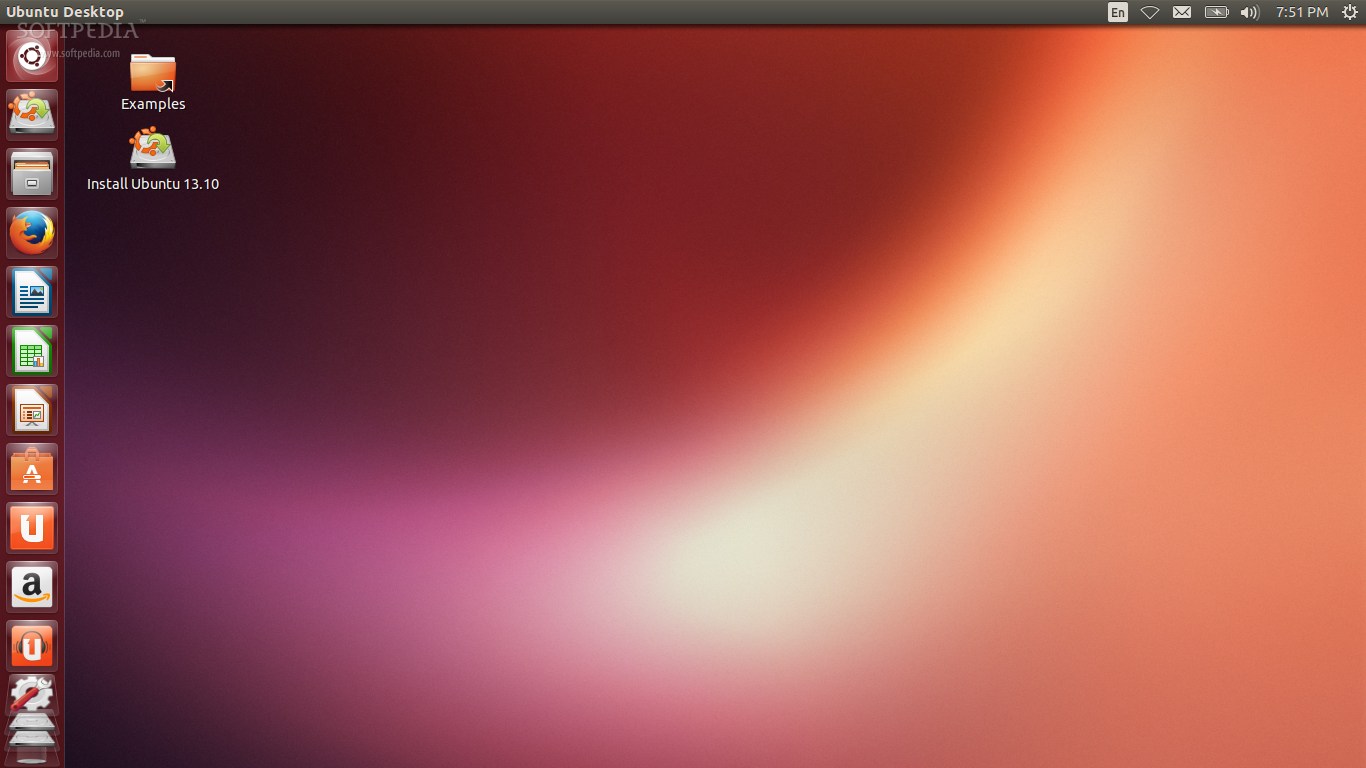
A follow-on to my last post. Having last fiddled with linux (on the desktop, not as a hosting solution) was a VM running under vmware workstation probably 7 years ago. Back then it was just a fancy, enough to get my feet wet.
Last weekend, I resurrected an old PC (the one that I ran VMWare Workstation on, surprisingly), and the Windows 7 installation was borked. As good a time as any, I grabbed a Linux iso (Ubuntu) burned a DVD (alas, this machine is old enough that booting from USB is not supported) and I was off to the races.
Amazingly, one of my gripes in the past was the lack of out of the box support for a lot of hardware. This system installation it found and properly setup all my hardware. Even the cheap wifi card in this system (it is a small PCI board with two antennae and supporting only 2.4GHz radio). (more…)